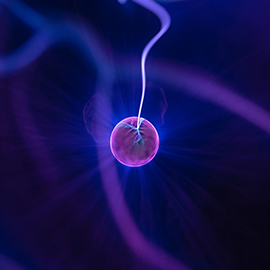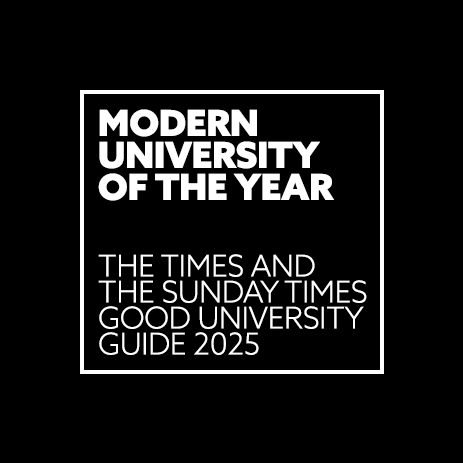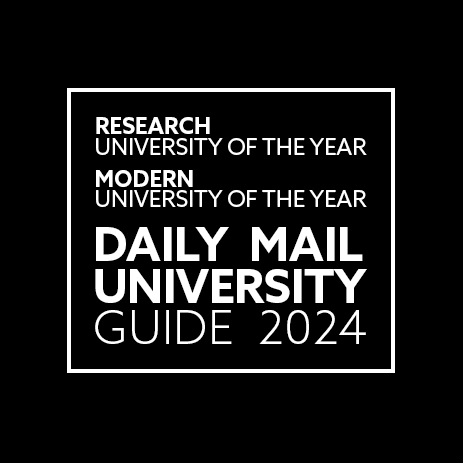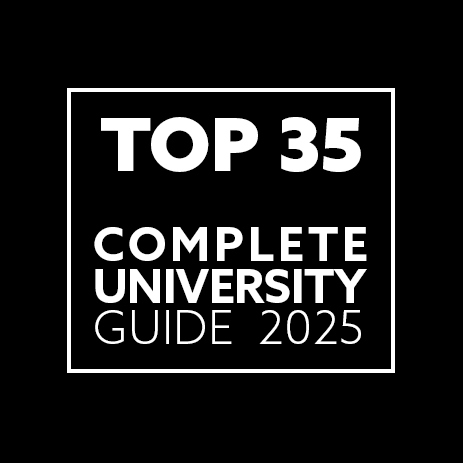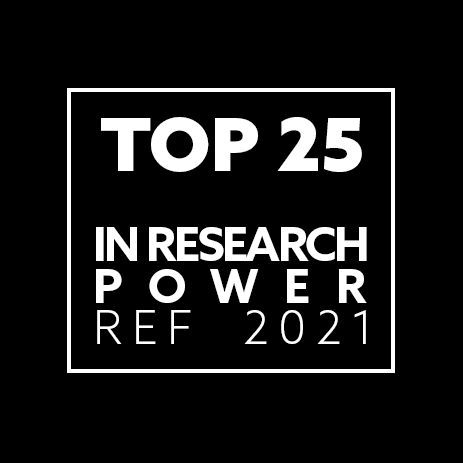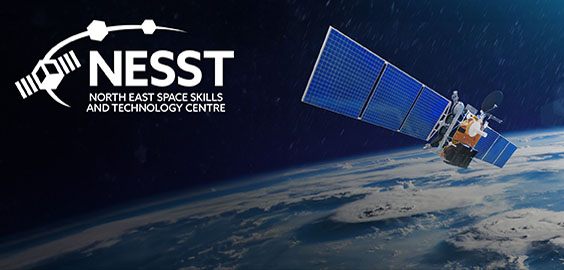Study Undergraduate Physics Courses at Northumbria.
Ready to Ask the Big Questions?
How can laser-based systems transform satellite communications?
Northumbria is set to find out. With its £5 million award from the UK Space Agency, Northumbria and partners are set to see the launch of the UK’s first university-led multi-satellite space mission.
Ready to Succeed?
A Physics degree from Northumbria University is highly valued by employers and cuts across disciplines, giving you a vital edge in a competitive job market.
Throughout your time here, you will learn from world-leading experts and develop transferable skills including problem solving, data analysis, computer programming and communication.
Ready to Join Us?
Join us at one of our next Open Days to find out more about
our Physics courses. Book your place now.
Study Physics in the heart of Newcastle. Sign up for
updates.



